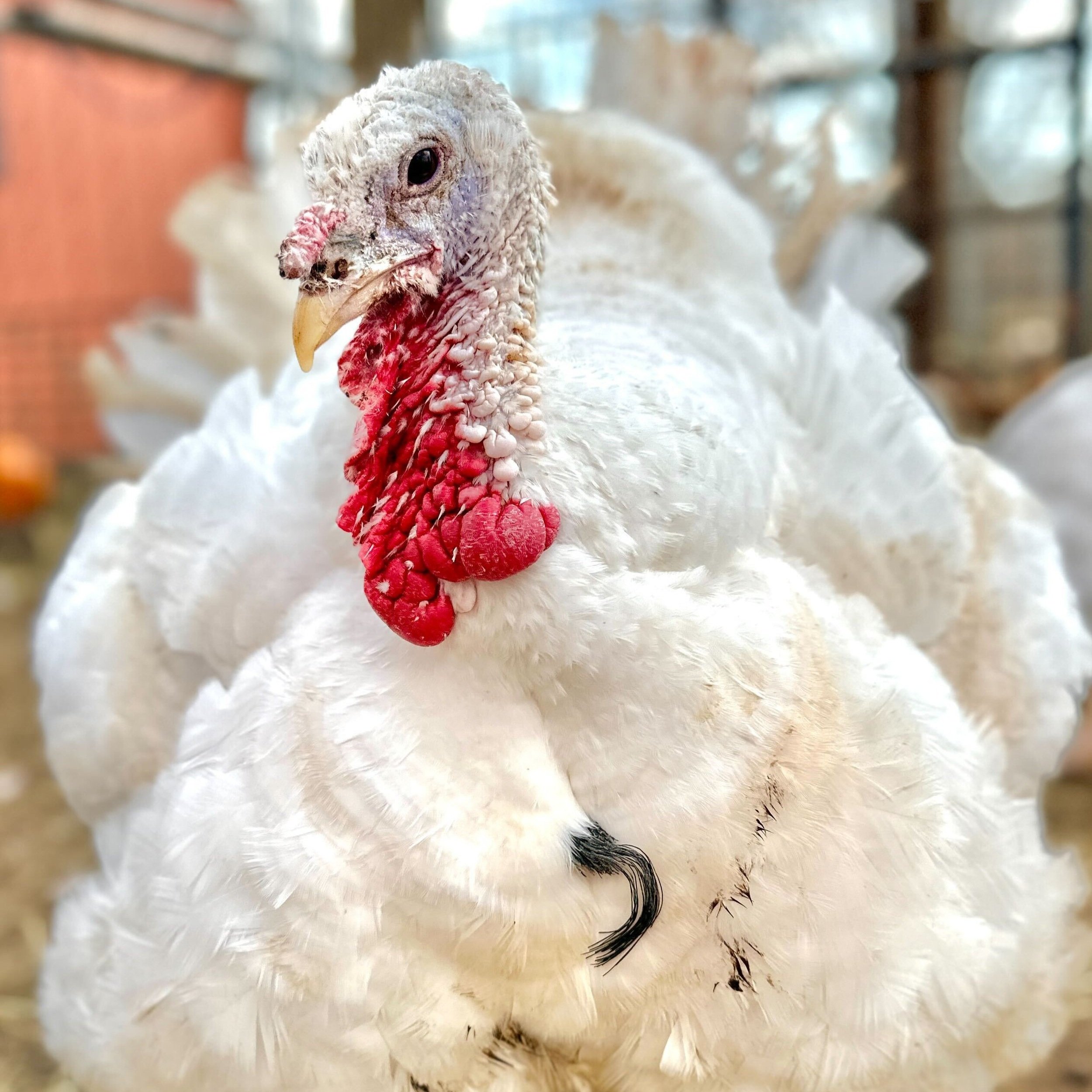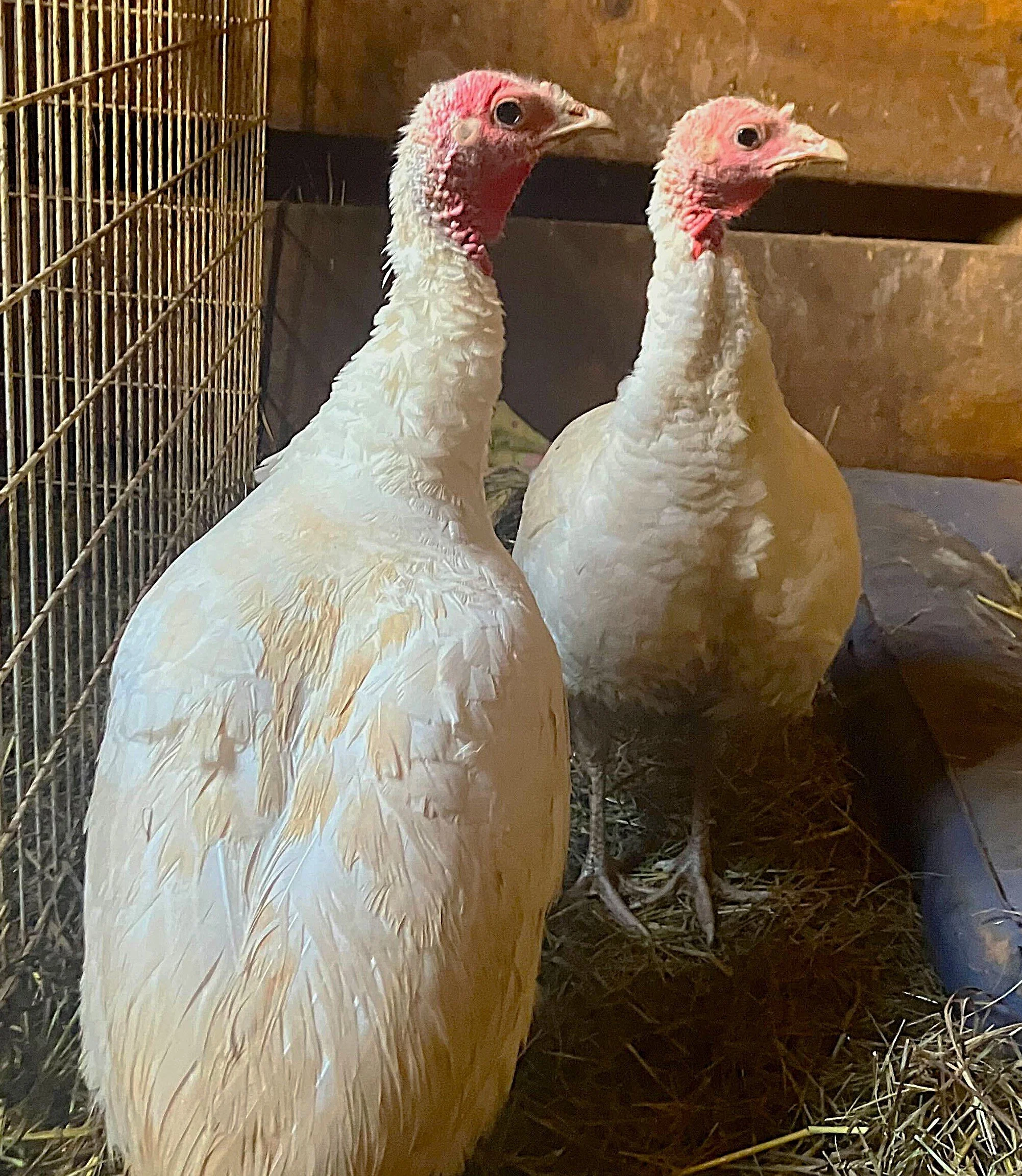
Turkeys
Have you ever met a turkey before?
Turkeys are smart and social animals that thrive in flocks. They display a range of social behaviors including vocal communication and name recognition. They communicate through various vocalizations, such as gobbles, clucks, and purrs, which serve to establish social hierarchies and convey warnings about potential dangers. Turkeys are very nurturing and our residents love to be cuddled, stroked and fed by hand.
-
Sponsored by Everly Nucciarone, Heather Bart, and Leonard Backes
Frieda was a beloved pet at a neighboring farm. She loved to ride in a go-cart with the child that lived with her. The other turkey living with there was bullying her and she was getting wounded. Frieda’s owners reluctantly gave her up so that she could have a better life. They come to visit her regularly. Currently she has a BLUE anklet on.
-
Sponsored by Cami Thomas, Derin Araci, and Maia Porfiris
Frankie came to live with us as a Gosling, along with a duck that a child had been given as a gift. Both birds were living in a small cage in the child’s bedroom which was not sustainable. They both came to live here with us at the sanctuary where they have room to stretch their wings and live in a flock as nature intended. Frankie currently has a PINK anklet.
-
We rescued Glinda and Elphaba just before Thanksgiving 2025.
They are named for characters in the show Wicked.
Glinda sponsored by Jamie Hoover
Elphaba sponsored by Nina Atkin
The realities of commercial turkey farms
The turkeys on our farm are the breed Broad Breasted White which are commercially the most widely used breed of domesticated turkey.
Birds like ours “are bred, drugged, and genetically manipulated to grow as large as possible as quickly as possible to increase profits. In 1960, average turkeys raised for meat weighed about 17 pounds - today, they weigh 30 pounds.
Their unnaturally large size causes many of them to become crippled under their own weight or to die from organ failure or heart attacks before they’re even 6 months old.”





